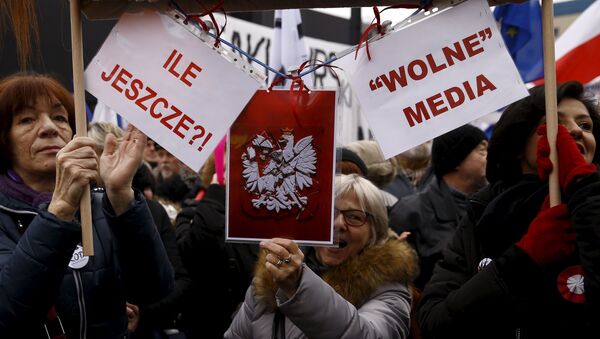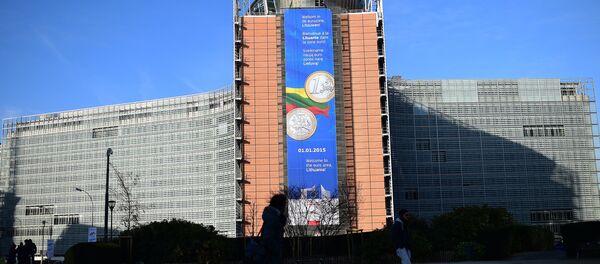Later in the day, the European Commission and Poland's Prime Minister Beata Szydlo are expected to debate in Strasbourg on whether the Polish media and justice reforms comply with EU values and rule of law.
"When a government takes measures or thinks about taking measures that have an economic impact, then the European Commission is authorized to come upstream the legislation and send warnings to member states about reforms to the labor markets they might want to make, for example. They are not censoring legislation but they are sending these warnings, almost censure. But when it comes to the issues of democracy, the Commission has to wait until some breaches before it can act," Lamberts said at a press briefing.
It gives the impression that "democracy is less important than economic and budget orthodoxy," he stressed.
Earlier this month, Polish President Andrzej Duda signed a decree giving his government power to appoint the heads of public television and radio, triggering widespread opposition from EU leaders and freedom of the press advocates.
In late December 2015, Duda enacted a reform stipulating that 13 out of the country's 15 constitutional tribunal judges must be present at the most important court cases instead of the nine as had previously been the case. Critics believe that the reform will enable the ruling Law and Justice party to influence the tribunal's decisions.




